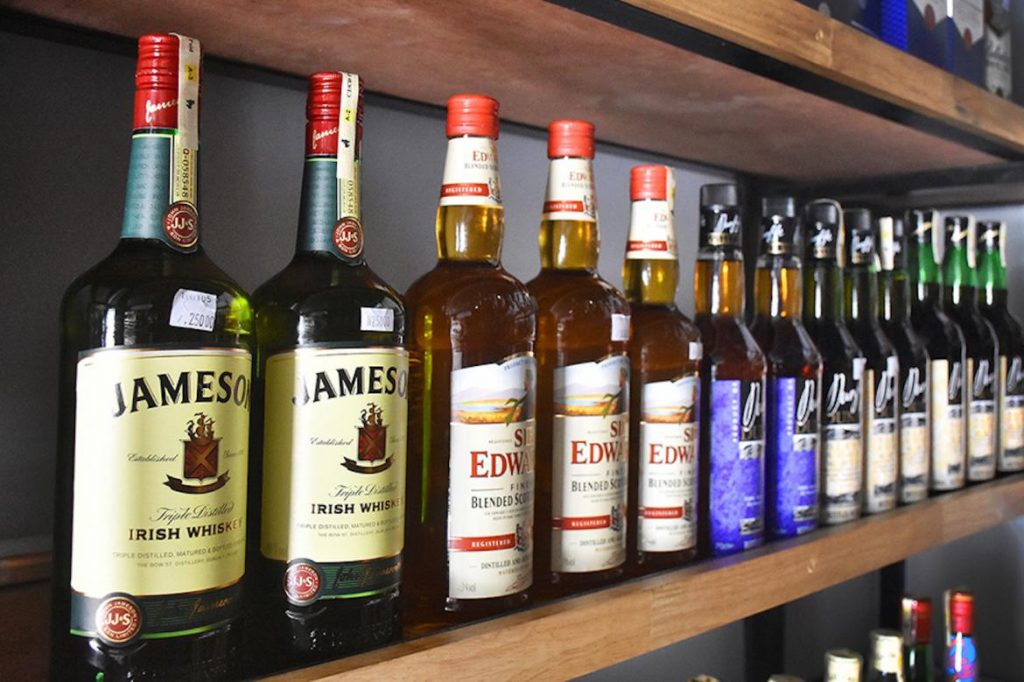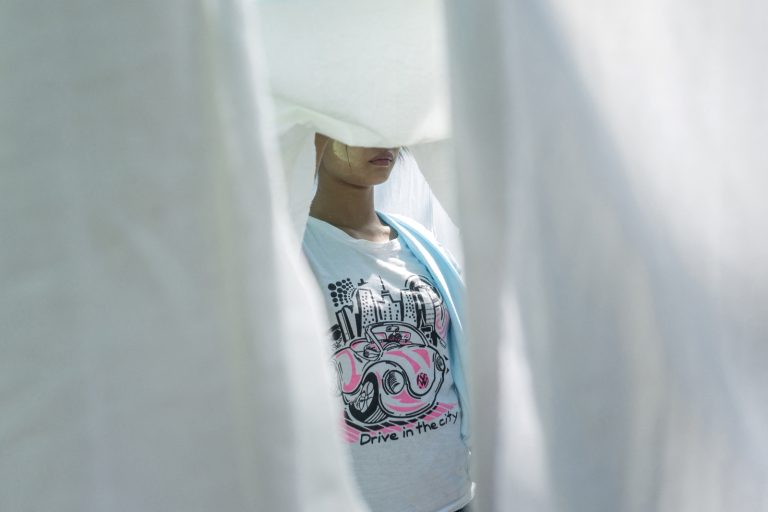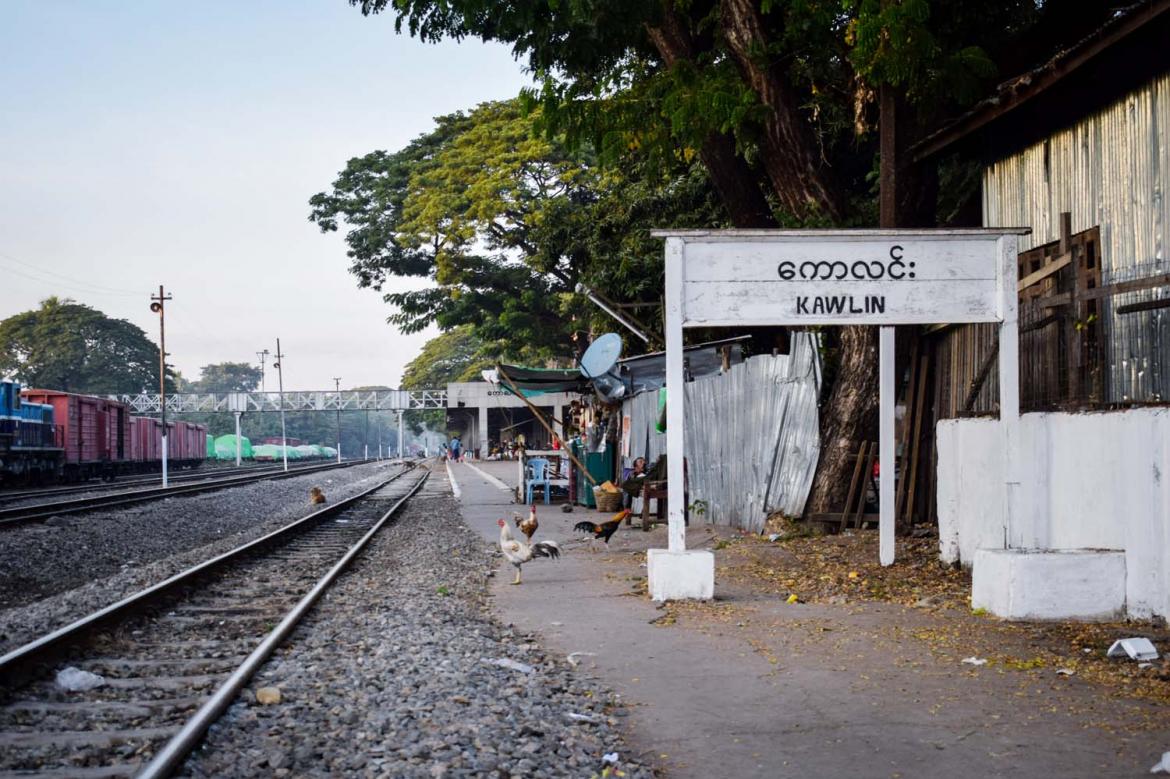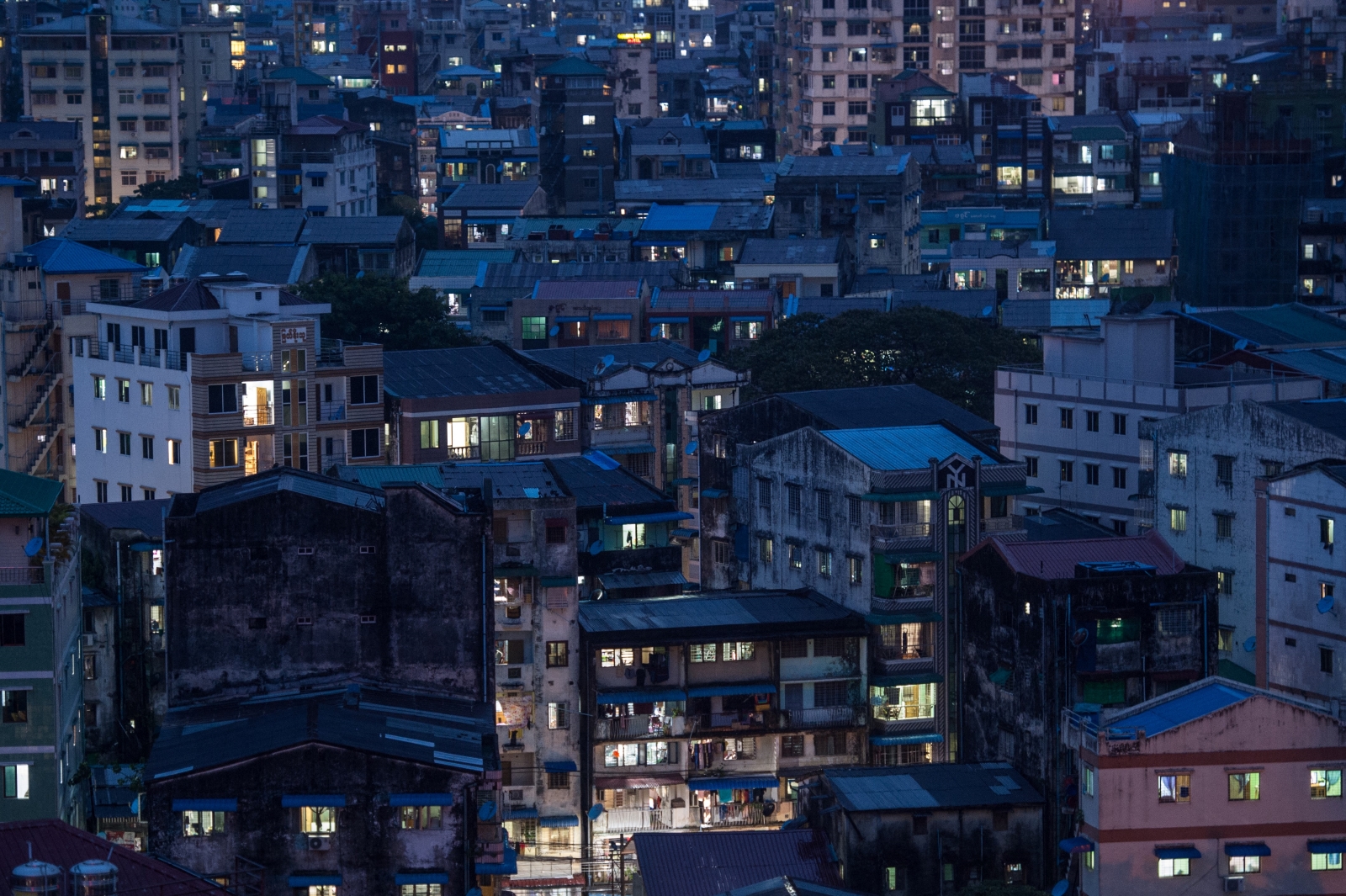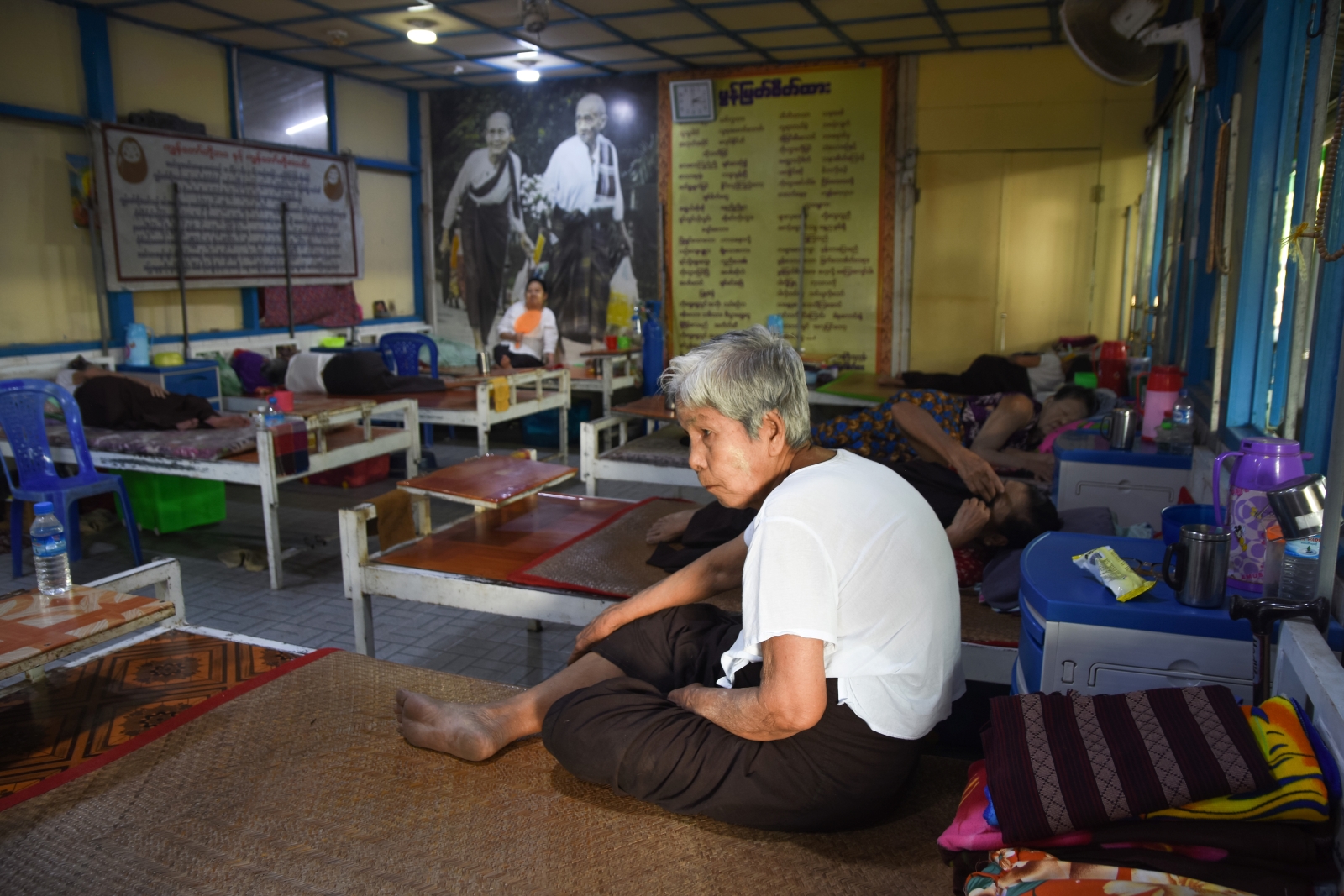Hungry for cash and unable to collect tax in resistance strongholds in Sagaing, the regime has taken the unusual step of revoking sought-after liquor licences in the region and transferring them to compliant businesses in Yangon.
By FRONTIER
Industry and administrative sources revealed to Frontier that at least 150 liquor licences have been revoked in resistance strongholds in rural Sagaing Region – where many licensees refuse to pay tax to the military regime – and transferred to compliant businesses in Yangon.
This move comes as Myanmar’s cash-strapped junta tries to claw back money from tax breaks and loans granted to businesses during the COVID-19 pandemic by the civilian government it overthrew in a 2021 military coup.
“After the coup, the regime demanded taxes from restaurants that were exempted during the pandemic and threatened to close them down unless they paid,” said Ko Kaung*, a liquor licence broker in Sagaing Region, which has emerged as a stronghold of anti-junta People’s Defence Forces. “Although business was bad, most restaurants in big towns managed to pay the money for fear of being closed down.”
But many beer outlets, liquor shops and restaurants in more rural parts of Sagaing, where PDFs have more influence, refused to pay. Ko Kaung said that in response, regime officials cancelled many of their liquor licences – which can be used for the production, import and sale of beer and liquor – a move they again ignored.
“Rural areas in Sagaing Region are dominated by revolutionary forces, so the township General Administration Department can’t collect taxes. This means liquor shops and restaurants can run without paying,” Ko Kaung said.
The GAD is Myanmar’s administrative backbone and issues licences to local businesses in a number of sectors, including alcohol sales. Under the overthrown National League for Democracy, the department was transferred to civilian control, but one of the new junta’s first moves was to place it again under the military-controlled Ministry of Home Affairs.
Brokers and a township GAD official in Yangon said that for the first time in many years, the department sold new liquor excise licences in the commercial capital in late February.
“These were licences that were cancelled in Sagaing Region and transferred to Yangon Region,” said the GAD official, who spoke on the condition of anonymity.
He told Frontier a total of 150 new liquor licences were allocated proportionally across Yangon Region’s 45 townships, and that demand was high even though applicants had to pay a lump sum representing tax revenues for four fiscal years from 2019 to 2023.
“We were full with applications in a single day, so no more were accepted,” he said.
Like gold, land and US dollars, liquor licences have long been seen in Myanmar as a safer investment than holding cash in times of deep economic uncertainty; and with the value of the kyat fluctuating wildly since the coup, the current crisis is no exception. Liquor licences can be traded and transferred to new owners, with a fee paid to the state.
Ko Than Htike*, an excise licence broker in Yangon, told Frontier that the market price of liquor licences fluctuated wildly after news broke in February that more licences were being issued in the commercial capital. But uncertainty over how many would be issued and future policy developments has since frozen the market.
“Because buyers are in a state of wait and see, business has almost stopped,” the broker said, adding that prices haven’t fallen too far yet, because the numbers of licences transferred by the GAD from Sagaing to Yangon was limited, so far.
“If many new licences are issued then prices could dive,” he said.
Liquid gold
The transfer of liquor licences from Sagaing to Yangon represents a big shift in policy that reflects the military’s weakened control in parts of Myanmar. Previously, licences could not be transferred across districts, let alone shift from one state or region to another.
After paying to purchase the licence, owners are required to pay tax at a rate that varies between licence types. For example, in the current fiscal year, a FL9 licence to sell keg beer is taxed at K1 million (US$475 at the official rate), while K2.5 million must be paid by a restaurant selling all kinds of liquor.
The prices of privately traded licences, meanwhile, range enormously depending on their type and the location, and have reached record highs in Yangon and other major cities since the coup. Traders say this is in part because the regime’s erratic and draconian economic policies, such as severely restricting bank withdrawals and monitoring transactions, have pushed businesspeople to put their money elsewhere.
At the extreme, a FL12 (liquor shop) licence in the densely populated working-class Yangon neighbourhoods of Shwepyithar and Hlaing Tharyar can now fetch up to K30 million, more than double the pre-coup price.
Meanwhile in Sagaing Region, more and more businesses are operating without regime approval, so the prices of licences there are falling. FL9 and FL12 licences were trading up to K12 million before the coup but have since fallen to as low as K9 million.
Generally, new licences can only be issued in a township when a licenced establishment there closes down. But if the junta were to change this policy and allow anyone to apply for a licence then the unofficial market would risk collapse – and possibly remove a rich vein of corruption for GAD officials, some of whom even work as liquor licence brokers on the side.
Excise duties on liquor in the pre-pandemic, 2018-2019 fiscal year raised K1.08 billion, so traders say the junta is tempted to issue more licences to help fill its budget holes.
A liquor shop owner with an FL12 licence in Yangon’s Thaketa Township told Frontier that GAD officials have also been going around to licenced establishments requesting donations for the junta’s Thingyan celebrations this month. Companies are given different rates depending on their size, with even a small liquor shop expected to pay K100,000, he said.

Occupational hazards
While some businesses in Sagaing are able to operate without paying taxes or buying a licence thanks to the widespread instability, others have had to shut down to avoid being caught up in the conflict.
“All beer shops on the old Mandalay-Monywa road are closed and so are those in villages that have seen fighting,” said a small alcohol vendor in the Sagaing town of Shwebo who paid his taxes to the regime out of fear.
Beer shop owners in contested areas also find themselves in danger based on what products they sell. The military-owned Myanmar Beer brand has been boycotted by many since the coup, with some shop owners afraid they could be targeted by resistance forces for stocking it – or targeted by the military if they don’t.
“Customers from the military side ask for Myanmar Beer,” the Shwebo shop owner said. “Liquor sellers are afraid of both sides in choosing which brands to sell.”
And despite the economic downturn, people seem to always find some spare change for booze, according to the liquor shop owner in Thaketa.
“Myanmar is one of the poorest countries in the world but alcohol businesses still flourish. Some liquor shops have seen profits falling after the coup but there’s no fall in the number of consumers,” he said.
“People have less money because of the recession so they turn to cheaper brands of liquor. The number of drinkers doesn’t fall, just the amount they spend.”
The liquor shop owner said buyers should beware, however, as fake brands abound. Wholesalers are mixing genuine products with fakes, leading to a surge of complaints from customers and shop-owners alike, he said.
A bottle of real Johnnie Walker Red Label sells for K35,000 – about 35 times the price of a locally produced liquor – but there is plenty of counterfeit Red Label coming from further south in Mawlamyine.
“After the coup, the amount of fake liquor has gone up. Fake and genuine foreign brands are sold together in shops in Yangon,” he warned.
*indicates the use of a pseudonym for security reasons


